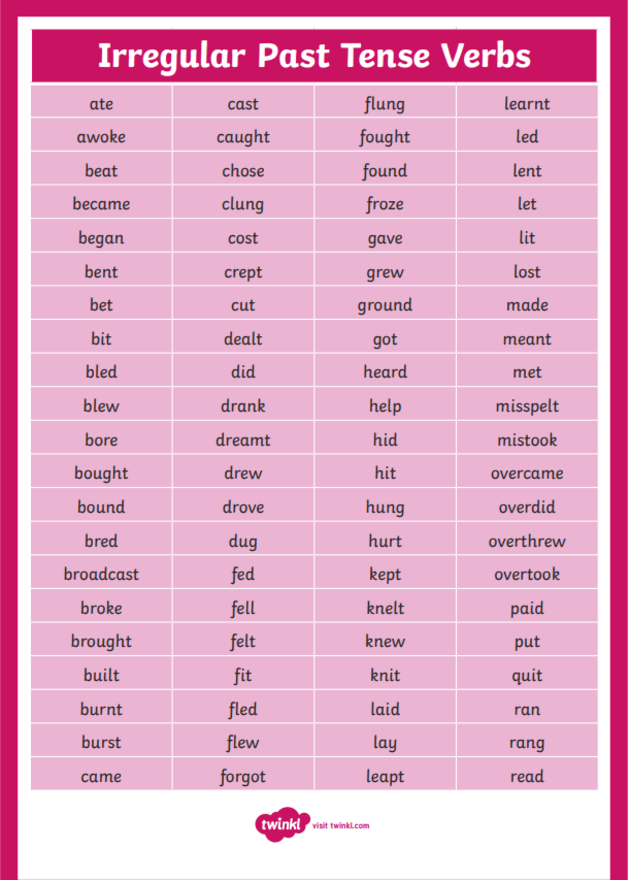

We could add the frequency to support this intended meaning: a repeated individual action: she played match after match, week after week (for example). A speaker might intend this meaning if there's no particular need in the conversation to emphasise the repeatedness of the action or its frequency.īut it's true that we can also understand the tennis example as the first meaning you mentioned, something that happened several times in the past - i.e. So, how about the tennis example? We can understand She played a lot of tennis as a general action over a longer period of time, just like 'lived' and 'enjoyed' in the other examples, without the more detailed sense of it consisting of repeated individual actions. In these examples, we understand 'lived' and 'enjoyed' as long-lasting actions, rather than individual and repeated. The other examples show this more clearly: I lived abroad for ten years. It's a good question! They are similar, but there is a difference.įor the meaning of something that was true for some time in the past, we don't think of it as divisible into individual, repeated actions. We can also use the past simple to refer to the present or future in hypotheses (when we imagine something).

Level: intermediate Past simple and hypotheses Past simple negatives 1 GapFillDragAndDrop_MTYzMjY= Past simple negatives 2 GapFillTyping_MTYzMjc= We didn't get home until very late last night. We use didn't ( did not) to make negativeswith the past simple: Who wrote Don Quixote? Past simple questions 1 ReorderingHorizontal_MTYzMjQ= Past simple questions 2 GapFillTyping_MTYzMjU= We use did to make questions with the past simple:ĭid she play tennis when she was younger?īut questions with who often don't use did: Past simple 1 GapFillTyping_MTYzMjI= Past simple 2 GapFillTyping_MTYzMjM= Past simple questions and negatives

something that happened once in the past:.Here are the most common irregular verbs in English, with their past tense forms: Base form With most verbs, the past tense is formed by adding –ed: call edīut there are a lot of irregular past tense forms in English.


 0 kommentar(er)
0 kommentar(er)
